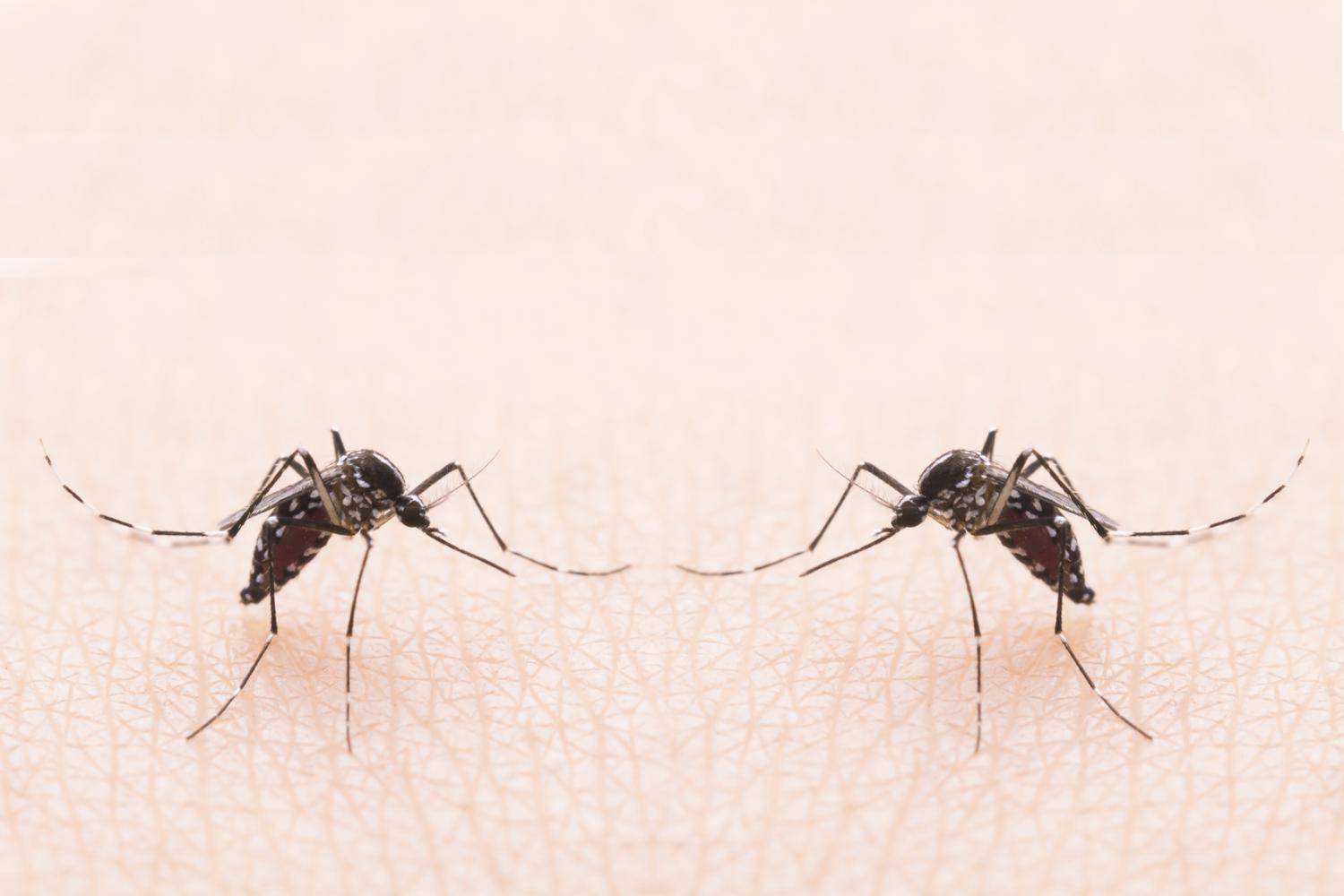
Today in Morbidity and Mortality Weekly Report, researchers with the US Centers for Disease Control and Prevention (CDC) describe a 2023 Pseudomonas outbreak tied to a hotel swimming pool that lacked a disinfectant feeder system.
Twenty-three of 26 people (88%) who swam in the Maine hotel pool on March 4 or 5 reported developing ear pain (70%), rash (65%), or pain or swelling in their feet and hands (30%) after a median of 1 day.
P aeruginosa is a virulent pathogen that has evolved mechanisms to resist antibiotics. Water-related cases can cause acute otitis externa ("swimmer's ear"), folliculitis (hot tub-related rash), and painful nodules on the soles or palms.
Multiple violations noted the previous year
Hotel management closed the pool after receiving guest complaints, and the CDC's Maine Health Inspection Program launched an investigation on March 8. Cultures of skin lesions from three swimmers revealed Pseudomonas aeruginosa.
Inspectors identified three violations, including having no disinfectant feeder system. The three violations and an additional one had been documented in a January 2022 inspection. "The pool logs for March 1–5 showed two compliant free chlorine concentration readings, not the expected 15, and both readings were dated March 3," the researchers wrote.
Inspectors were unable to collect environmental samples because hotel employees added an indeterminate amount of chlorine to the pool after it was closed. The pool remained closed while the violations were corrected, and a reinspection 1 month later found they had been addressed.
The pool logs for March 1–5 showed two compliant free chlorine concentration readings, not the expected 15, and both readings were dated March 3.
The researchers noted that hotel pools and hot tubs are the source of a third of treated recreational water–associated outbreaks and that P aeruginosa outbreaks typically occur from January to April. Health departments, they said, can help reduce the risk of these outbreaks by working with pool operators to ensure compliance with public health codes.
"Outbreak prevention strategies include maintaining chlorine concentration and otherwise vigilantly managing the pool, especially during January-April, and disseminating prevention messaging to pool and hot tub users," they wrote.















